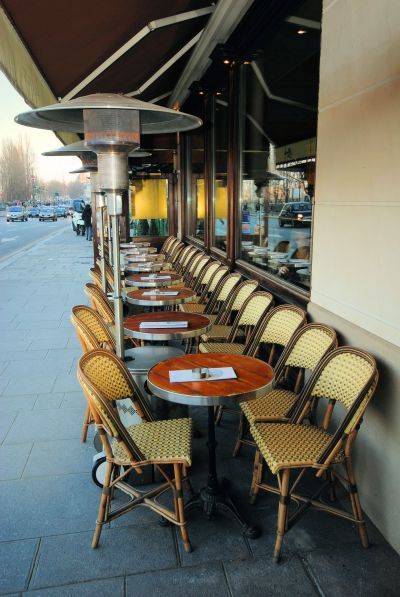Food and drink consumption cut as (most of) Europe tightens its belt

Expenditure on food and drink products is the most popular way that Europeans are saving money, according to a study released February 7.
Thirty-eight percent of respondents across Europe said that they were trying to save by buying food and drink products as cheaply as possible, making it by far the most popular way to save money. Thirty-seven percent also said that they were going out to eat less often and 33 percent said that they visited pubs, bars or cafes less often.
In France, the world's capital of café culture, 41 percent said that they were visiting cafes less often and 45 percent said that they were going out to eat less often. Germany also reported a significant reduction in eating out, (47 percent), as did Italy and Austria (41 percent).
The GfK Association surveyed over 10,000 people in nine countries to compile the survey, which also suggested that women were being thriftier than men. Forty-three percent of women were spending less on clothes and shoes, compared to 36 percent, and are also buying newspapers and magazines less often (24 percent against 18 percent).
Postponing larger purchases was also a popular way to save money. Consumers in Russia and Germany especially (45 percent and 42 percent respectively) are trying to postpone larger purchases such as cars or washing machines, says GfK.
The best European savers
1. Germany
2. United Kingdom
3. France and Austria
... And the worst
1. Poland
2. Spain
3. Italy and Russia
Data from GfK - http://www.gfk.com
Join our commenting forum
Join thought-provoking conversations, follow other Independent readers and see their replies
Comments
Bookmark popover
Removed from bookmarks